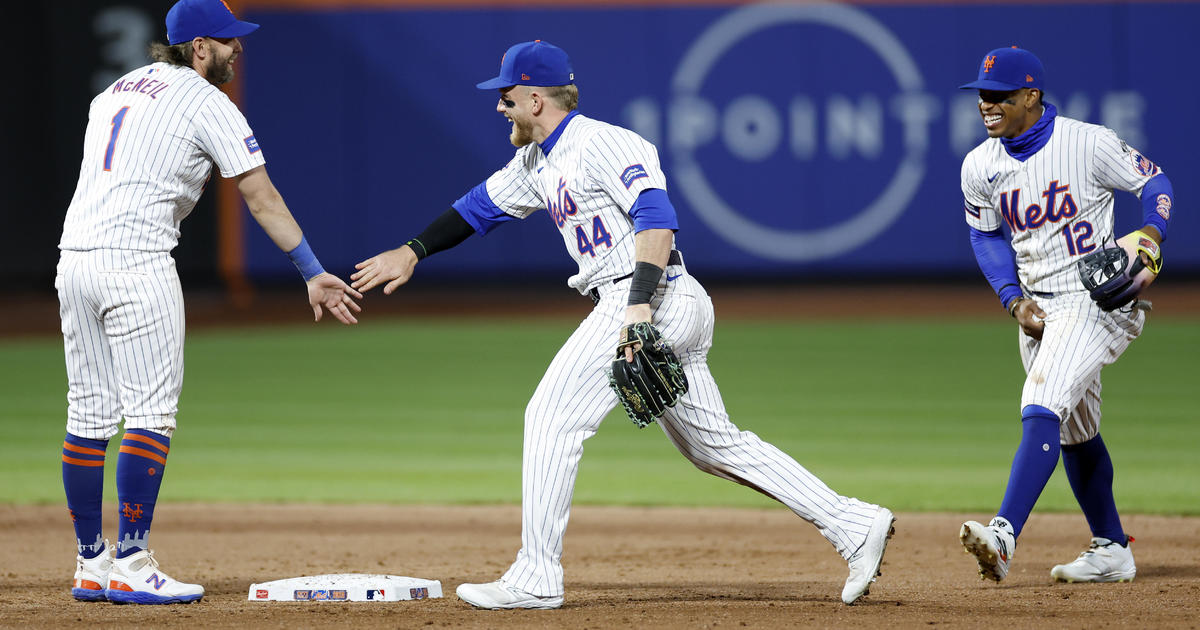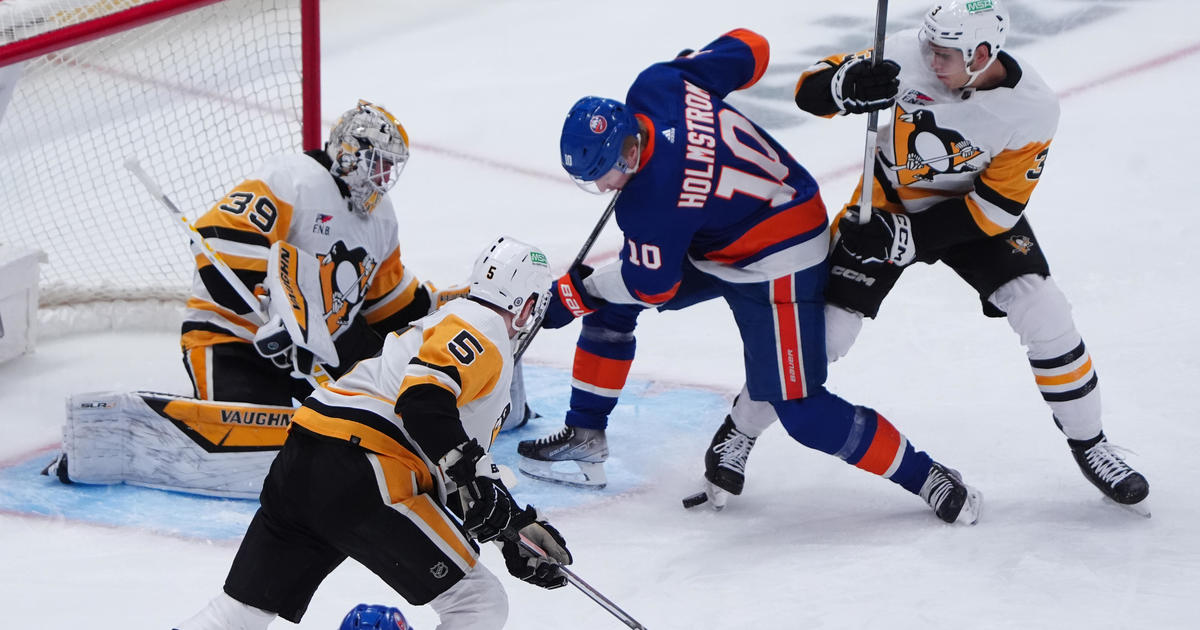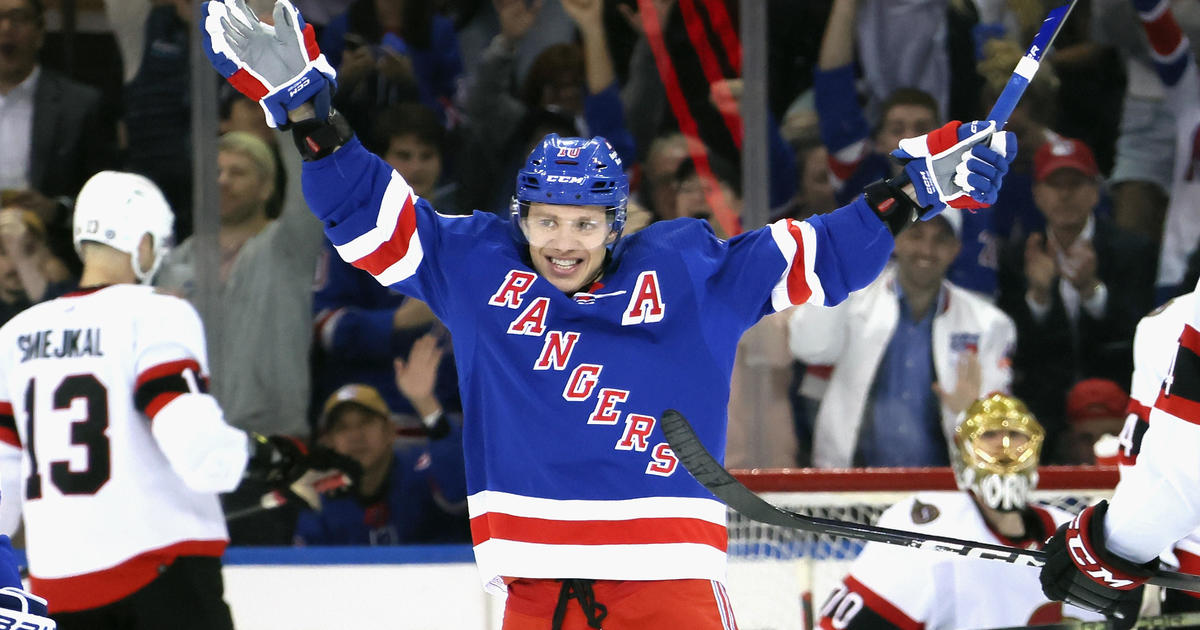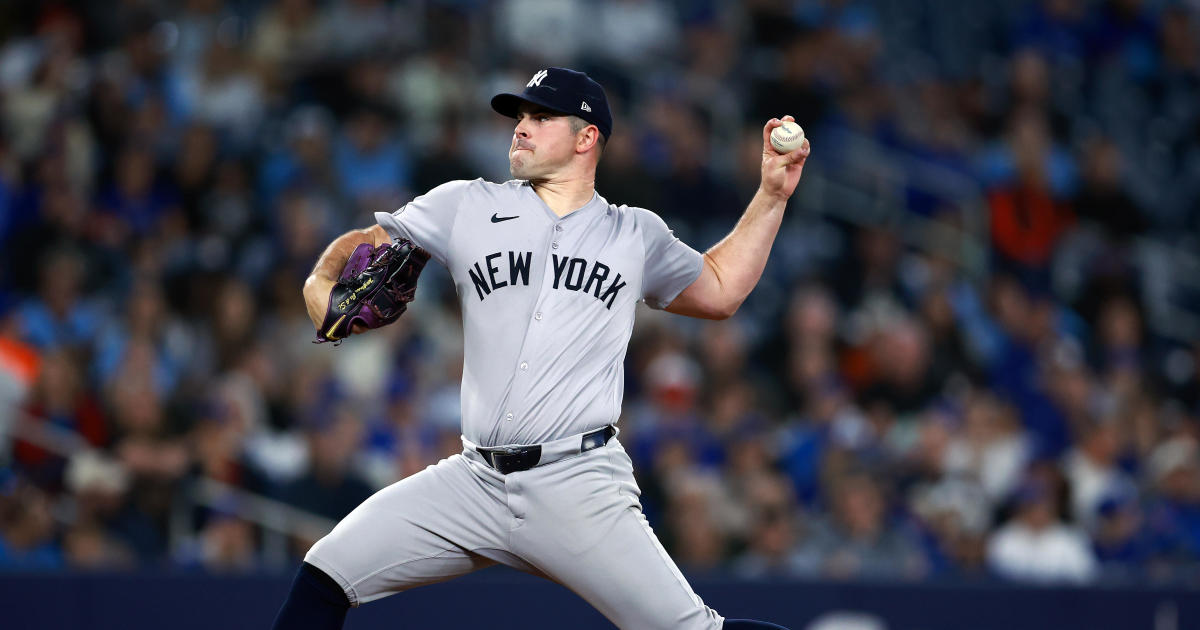Lichtenstein: Nets' Offensive Stagnation Led To Elimination By Hawks
By Steve Lichtenstein
» More Columns
As I told Nets radio analyst Tim Capstraw prior to Friday's Game 6 of the Eastern Conference quarterfinal series between Brooklyn and Atlanta at the Barclays Center, you can break down why one of the teams won 60 games during the regular season while the other finished six games under .500 into one simple sentence:
The Hawks dribble to pass while the Nets dribble to shoot.
You can credit the Nets' surprising grit for making top-seeded Atlanta's life somewhat difficult for five-and-a-half games. Every time it seemed like the Hawks were on the verge of pulling away, the not-ready-to-die Nets came roaring back to make this a far more interesting series than virtually everyone anticipated.
Until the third quarter on Friday, when the Hawks unleashed hell on the defenseless Nets to run up a 28-point lead en route to a 111-87 victory and a 4-2 series win.
The Hawks scored a whopping 41 points in that quarter. With ease.
They knocked down 6-of-9 shots from three-point territory--all on in-rhythm catch-and-shoots. Fourteen points were scored in the paint and Atlanta was perfect on its three free throws. Fifteen of the Hawks' 16 field goals were assisted.
The Hawks' system requires that their players use the dribble to pass, not merely to create their own shots. Point guard Jeff Teague was scoreless on the night, but he was nearly flawless in the way he initiated the attack, accumulating 13 assists.
When Teague darted into the paint, the plan was not necessarily to get to the rim, but to lure help defenders so he could find one of his teammates open on the perimeter—where they all shoot with exceptional efficiency. From there, Atlanta swung the ball around effortlessly while the defense scrambled to rotate until a Hawk found not just a good shot, but the best shot.
It was textbook basketball.
Except that anyone who's watched the Nets for even a short period has seen that they rarely played that way. Instead, they too often relied on guys going one-on-one at the defense.
They used the dribble to create their own shots.
Joe Johnson, Jarrett Jack and sometimes even Deron Williams routinely pounded the rock as the shot clock wound down until they were forced to heave up a high-degree-of-difficulty attempt at the basket. Center Brook Lopez took so many bad shots that when he assisted on a key Bojan Bogdanovich three-pointer late in Game 4 it was noteworthy.
Even worse, all the over-dribbling frequently led to turnovers. The live-ball varieties ignited the Hawks' transition game—the battle of fast break points on Friday went to Atlanta, 23-2.
It's been like this for all three years in Brooklyn. Lionel Hollins is the Nets' fourth coach in that span. So maybe it's the players.
Johnson's penchant for ball-stopping is so ingrained that he was tagged with the nickname "Iso-Joe" even before he was traded to Brooklyn in the summer of 2012. When Johnson went out of his way early this season to denounce what he saw as his teammates' selfish play, the irony blew everyone away.
Nets fans typically want D-Will to play more aggressively—like he did in his 35-point masterpiece in Game 4—until he posts duds like his 2-for-8 outing in Game 5.
Jack doesn't lack for confidence. Unfortunately, as I noted in my last post, that can create more headaches for Hollins than it does for opponents. Jack's probing off pick-and-rolls might be the most frustrating of all to watch. He'll either miss an open teammate while angling to create a shot or—in the odd chance he does pass—he'll be late and have the ball intercepted.
With all three players under contract for next season at WAY above-market salaries, I don't expect they'll be highly-sought after when the offseason wheeling and dealing commences.
On Friday, no one in Nets-ville wanted to talk about the future after such a dismal end to the 2014-15 season, but if owner Mikhail Prokhorov is serious about building a team that has a chance to contend, the whole culture has to change.
It's a given that general manager Billy King has to be the first to go. Under his watch, the Nets dealt away all of their own upcoming first-round draft picks until 2019 while achieving exactly one playoff series win.
This iteration had some offensively-gifted players, but as a whole it was deficient in speed and athleticism and stunk from three-point range. Maybe that would have worked in 1994.
The core is aging, overpaid, and injury-prone. One of the Nets' most heralded young players—25-year-old backup center Mason Plumlee—was again rendered useless by the time the postseason arrived.
There's not a lot to build on, which is why there will be tremendous pressure for the Nets to re-sign Lopez and forward Thaddeus Young if both decide to exercise their player options and test free agency.
Lopez excelled after King acquired Young at the trade deadline for fossilized Kevin Garnett. The Nets wouldn't have even earned a postseason berth if not for their seven-foot center, who won back-to-back Eastern Conference player of the week awards in March.
I'll have more analysis as the NBA's free agency period nears, but know this: neither Lopez nor Young fits in with where the NBA is heading. They don't shoot three-pointers very well, they're subpar defenders and rebounders, and when they receive the ball facing the basket, they typically pass only as a last resort.
Yes, they are proven scorers, but Hollins has emphasized all season that he is looking for more out of his players than total point production.
Besides, unless you own an other-worldly talent like LeBron James, you won't get very far with a stagnant offense. You need guys who can handle, pass and shoot the ball and are willing to play within a team concept.
These Nets went as far as they could go.
For a FAN's perspective of the Nets, Jets and the NHL, follow Steve on Twitter @SteveLichtenst1.



